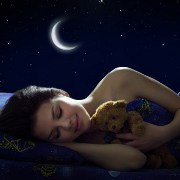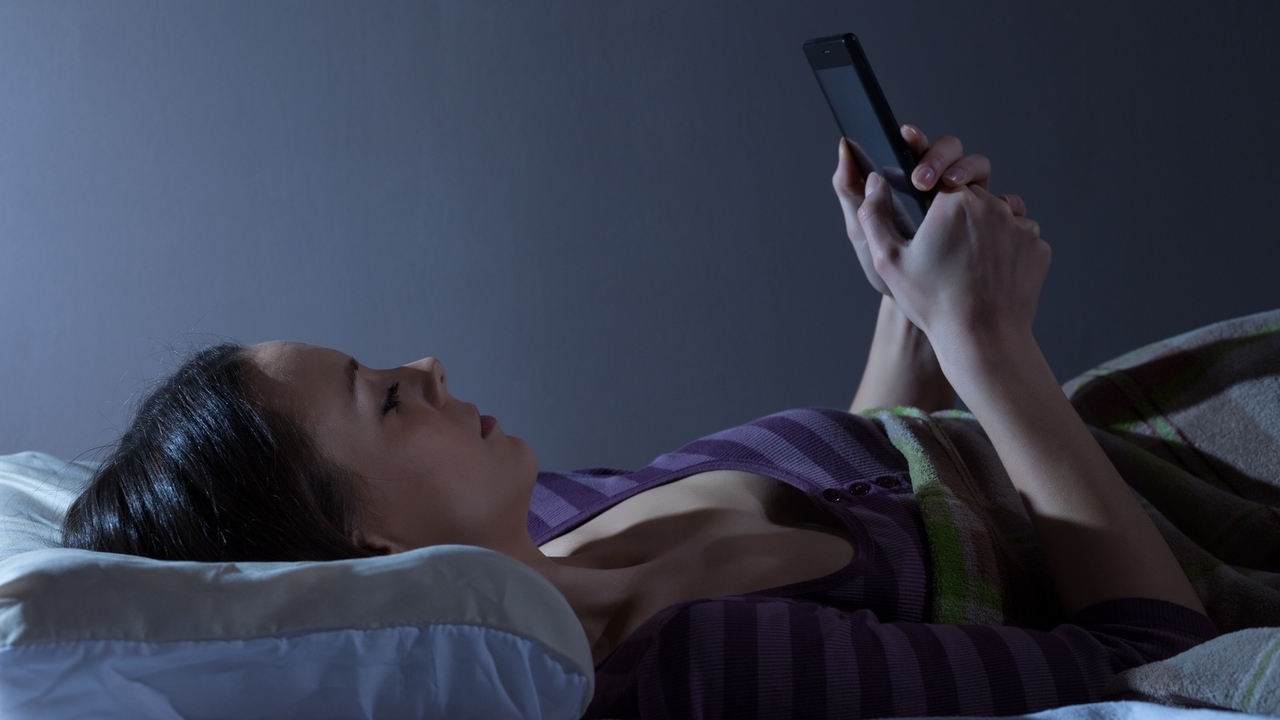 Photo: Getty Images
Photo: Getty Images
For the last week I have been writing articles about insomnia and the many reasons why people may develop insomnia. I thought I would take this opportunity to give different options for treatment.
Just as a reminder, let’s look at the definition of insomnia, which is a disorder that makes it hard to fall asleep or stay asleep, or both.
Let’s look at conventional and alternative methods. Conventional prescription medications include Ambien, Lunesta, Sonata or Rozerem. These medications are generally recommended for a short period of time, usually not more than a few weeks. Some of the newer medications have been recommended for indefinite use however some may be habit-forming.
Side effects of these medications include extreme drowsiness, impaired thinking, agitation, and wandering during the night. Over-the-counter medications contain antihistamines that make people drowsy. These also have side effects that can cause daytime sleepiness, dry mouth or blurred vision.
Alternative medicine or natural methods include behavioral changes or supplementations. Behavioral changes, or sleep hygiene, can make improve the quality of sleep.
One of the biggest culprits is technology -- computers, cell phones and TV all have bright lights that impede the production of melatonin, which causes sleep in the brain. Technology needs to be turned off at least one hour before sleep.
The bed should be used for sleep and sex and nothing else. The bedroom needs to be comfortable and cool, which promotes sleep as well.
Studies have shown that 20-30 minutes of consistent exercise improves the quality of sleep. Avoid heavy meals, strenuous exercise, nicotine, or caffeine before bed.
Common supplements that I have been studied for insomnia are niacin, vitamin B6, magnesium, 5-HTP, melatonin, valerian root or passionflower.
It is always important to look at the underlying causes of insomnia in order to treat it correctly. Hormonal issues in women can also play a role in insomnia. If you are having other medical problems or taking medications for another condition check to make sure that these are not the source of your insomnia.
Live Vibrantly and Sleep well,
Dr. Dae
Dr. Dae's website: www.healthydaes.com
Dr. Dae's book: Daelicious! Recipes for Vibrant Living can be purchased @ www.healthydaes.com
Sources:
"Insomnia - MayoClinic.com." Mayo Clinic. N.p., n.d. Web. 27 Oct. 2011. http://www.mayoclinic.com/health/insomnia/DS00187
"Insomnia: Treatments and drugs - MayoClinic.com." Mayo Clinic. N.p., n.d. Web. 3 Nov. 2011. http://www.mayoclinic.com/health/insomnia/DS00187/DSECTION=treatments%2Dand%2Ddrugs
Murray, Michael T., and Joseph E. Pizzorno. Encyclopedia of natural medicine. Rev. 2nd ed. Rocklin, CA: Prima Pub., 1998. Print.
Murray, Michael T., and Joseph E. Pizzorno. Encyclopedia of natural medicine. Rev. 2nd ed. Rocklin, CA: Prima Pub., 1998. Print
Dr. Dae's Bio:
“Dr. Dae" (pronounced Dr. Day) Daemon Jones is a Naturopathic Physician who treats the whole person using safe and effective combinations of traditional and natural methods to produce optimal health and well-being in the lives of her patients.
Reviewed November 4, 2011
by Michele Blackberg RN
Edited by Jody Smith






Add a Comment1 Comments
Ambien (Stilnox, Zolpidem) is in a class of drugs called sedative/hypnotics or sleep medicines.
Krystall Hilton
November 24, 2011 - 8:16amAntianxiety-Drugs.com
This Comment